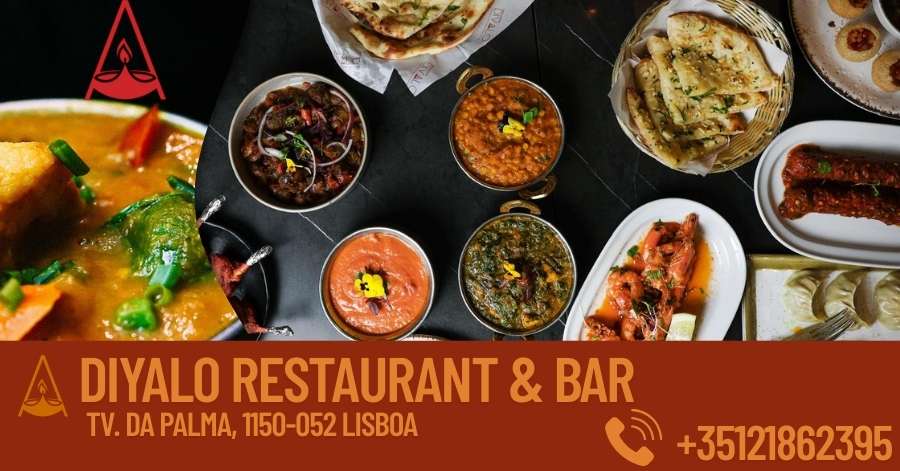Portugal, a captivating country located on the Iberian Peninsula in Southern Europe, is a land of rich history, stunning landscapes, and vibrant culture. With a population of approximately 10 million people, Portugal has made significant contributions to the world, both historically and culturally.
One of the oldest nations in Europe, Portugal boasts a history that dates back to the early medieval period. Its national identity was forged during the Reconquista, a series of campaigns that saw the Christian kingdoms reclaiming the Iberian Peninsula from Moorish rule. In 1143, Portugal emerged as a kingdom with its own distinct borders and language. The Treaty of Windsor, signed in 1386, established the world’s oldest diplomatic alliance between Portugal and England, highlighting the country’s historical significance.
Geographically diverse, Portugal is characterized by its breathtaking landscapes. From the golden beaches of the Algarve to the lush vineyards of the Douro Valley, the country offers a wide array of natural beauty. The Azores and Madeira, two archipelagos under Portuguese jurisdiction, contribute to the nation’s allure with their volcanic landscapes and unique flora and fauna.
The capital city, Lisbon, is a vibrant metropolis that seamlessly blends tradition with modernity. Its historic neighborhoods, such as Alfama and Bairro Alto, showcase narrow cobblestone streets, colorful buildings, and Fado music echoing through the air. The iconic São Jorge Castle stands as a testament to Lisbon’s medieval past, while the contemporary architecture of the Parque das Nações reflects Portugal’s forward-looking attitude.
Portugal is renowned for its warm hospitality and culinary delights. The Portuguese cuisine is characterized by fresh seafood, olive oil, and a rich variety of spices. Bacalhau, salted cod, holds a special place in Portuguese gastronomy, with hundreds of traditional recipes dedicated to this versatile ingredient. Pastéis de nata, custard tarts with a crispy pastry shell, are a beloved dessert that originated in Lisbon and has become a symbol of Portuguese sweets.
In addition to its cultural treasures, Portugal is famous for its explorers who played a crucial role in the Age of Discovery. Vasco da Gama’s sea voyage to India in 1498 marked a historic moment, opening up new maritime routes and establishing Portugal as a global maritime power. The iconic Belém Tower and the Monument to the Discoveries in Lisbon pay homage to these explorers and their contributions to world history.
The Portuguese language, spoken by over 260 million people worldwide, is another aspect of Portugal’s global influence. As the sixth most spoken language globally, Portuguese is the official language not only in Portugal but also in Brazil, Mozambique, Angola, Cape Verde, Guinea-Bissau, and São Tomé and Príncipe.
Portugal has faced economic challenges in recent history, but it has shown resilience and adaptability. Joining the European Union in 1986 brought about economic reforms and modernization, contributing to Portugal’s development. The country has also embraced renewable energy, with a focus on wind and solar power, making significant strides towards sustainability.
As Portugal celebrates its rich heritage and looks towards the future, the country continues to captivate visitors with its charm, hospitality, and a unique blend of tradition and innovation. Whether exploring historic sites, savoring delicious cuisine, or enjoying the natural beauty, Portugal offers a tapestry of experiences that leaves a lasting impression on those who have the privilege of discovering its wonders.






